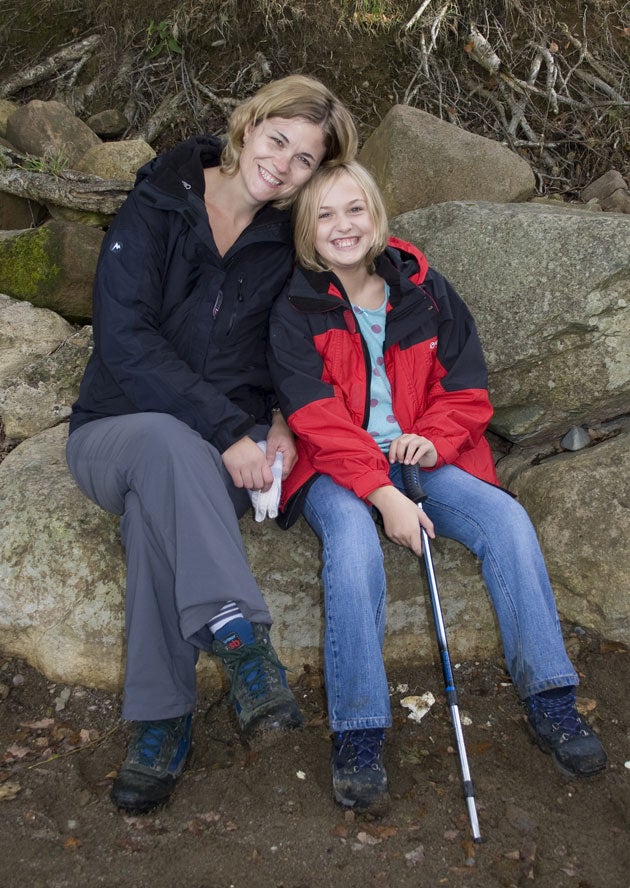Virus at drug firm halts production of vital blood therapy
Doctors face 'nightmare' of who to treat for rare condition after US biotech factory is contaminated

Scores of patients with a rare genetic disorder have been left without essential treatment after a virus contaminated the only factory in the world that produces the drug.
Around 170 British patients with Gaucher's disease – an inherited condition that results in a lack of the enzyme necessary to recycle red blood cells – have been forced to stop two-weekly infusions of the enzyme replacement therapy (ERT) Cerezyme for the next six months. The remaining 60 British patients with the most severe form of the disease, including the Labour MP Anne Begg, will continue treatment at much lower doses.
Doctors have been left "completely shocked" at the unprecedented course of events that has forced them to choose which patients should continue receiving treatment.
The long-term affects of temporarily stopping the ERT are unknown, but some sufferers are certain to experience an increase in debilitating symptoms such as anaemia, liver attacks and bone pain.
The situation has left thousands worldwide facing an uncertain few months after the biotech company Genzyme admitted it holds only 20 per cent of the stocks required for the remainder of this year.
Genzyme is the only company licensed to manufacture a treatment for Gaucher's disease, which it produces at a single factory in the US near Boston, Massachusetts. Clinical trials for alternative biological treatments by two rival companies have gathered pace.
Timothy Cox, professor of medicine at the University of Cambridge, said: "This has taken everyone by surprise. While we hope this will not lead to a desperate situation for any patient, there is a risk of relapse, which is very worrying. We will see patients at Addenbrooke's more often over the next few months and manage things as best we can. It has been a nightmare for doctors having to choose patients. Maybe Genzyme should have planned for this, but getting approval for another factory is not easy. It is a chance in a lifetime for those two other companies, who must be rolling up their sleeves."
Gaucher's is one of 50 rare metabolic diseases. It affects the lysosomal compartment of cells which contain the enzymes needed by the body to recycle waste products. The enzyme glucocerebrosidase, needed to break down and recycle old red blood cells, is missing in those with Gaucher's, so that cells become full of this waste.
An estimated 40,000 people worldwide have the disease which can cause severe bone pain, anaemia, an enlarged liver and spleen if left untreated. It also affects the nervous systems, lungs and heart in some patients and was life-threatening before Cerezyme came on to the market 15 years ago.
Currently, only 10 per cent of sufferers are thought to have access to the treatment worldwide because it costs tens of thousands of pounds every year.
Maddie's story: 'Why didn't they plan for this?'
Maddie Collin, 14, from Gloucestershire, was diagnosed with Gaucher's disease type 3 in 1996. At that time, Cerezyme was licensed only for types 1 and 2, but she was prescribed the expensive treatment because she was so ill. Within six months she was a different child. She still has painful "bone crises" caused by poor blood supply, and Cerezyme doesn't help her neurological difficulties, but, like her peers, she is about to start her GCSE courses. Of the cut to her ERT dose, her mother, Tanya Collin-Histed, says: "We expect Maddie to get some of her old symptoms back, so there's every possibility she won't cope with school; and we're really worried about the long-term impact. We're angry the drug company didn't plan for the worst-case scenario."
Subscribe to Independent Premium to bookmark this article
Want to bookmark your favourite articles and stories to read or reference later? Start your Independent Premium subscription today.

Join our commenting forum
Join thought-provoking conversations, follow other Independent readers and see their replies